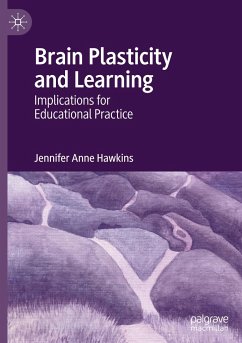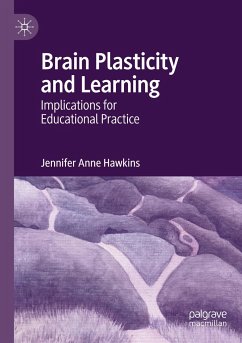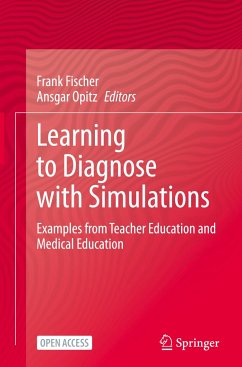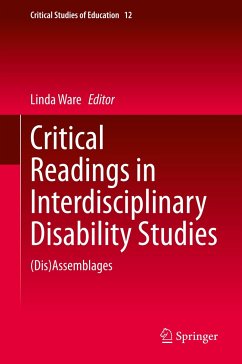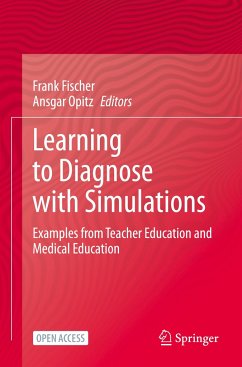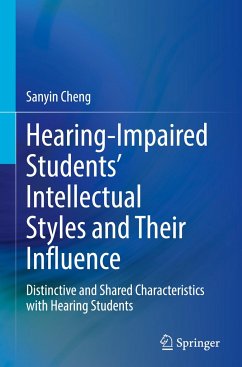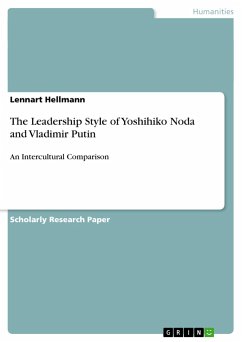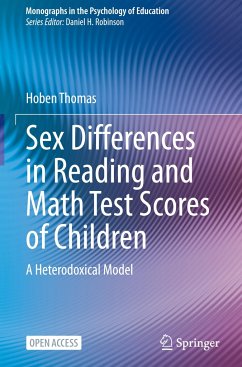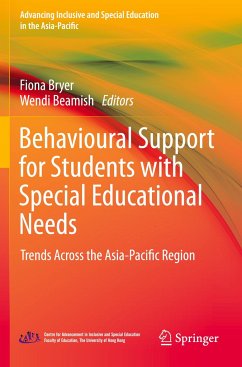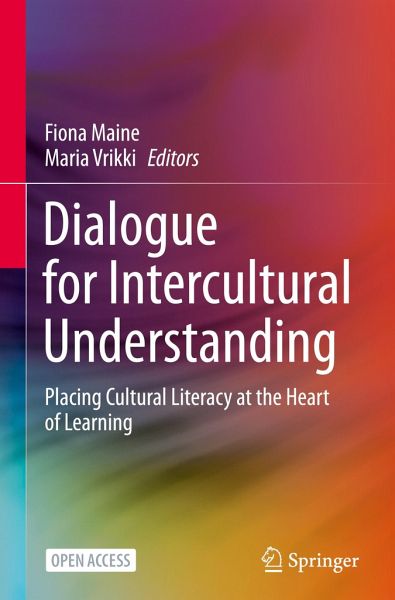
Dialogue for Intercultural Understanding
Placing Cultural Literacy at the Heart of Learning
Herausgegeben: Maine, Fiona; Vrikki, Maria
Versandkostenfrei!
Versandfertig in 6-10 Tagen
23,99 €
inkl. MwSt.

PAYBACK Punkte
12 °P sammeln!
This open access book is a result of an extensive, ambitious and wide-ranging pan-European project focusing on the development of children and young people's cultural literacy and what it means to be European in the 21st century prioritising intercultural dialogue and mutual understanding. The Horizon 2020 funded, 3-year DIalogue and Argumentation for cultural Literacy Learning (DIALLS) project included ten partners from countries in and around Europe with the aim to centralise co-constructive dialogue as a main cultural literacy value and to promote tolerance, empathy and inclusion. This is a...
This open access book is a result of an extensive, ambitious and wide-ranging pan-European project focusing on the development of children and young people's cultural literacy and what it means to be European in the 21st century prioritising intercultural dialogue and mutual understanding. The Horizon 2020 funded, 3-year DIalogue and Argumentation for cultural Literacy Learning (DIALLS) project included ten partners from countries in and around Europe with the aim to centralise co-constructive dialogue as a main cultural literacy value and to promote tolerance, empathy and inclusion. This is achieved through teaching children in schools from a young age to engage together in discussions where they may have differing viewpoints or perspectives, to enable a growing awareness of their own cultural identities, and those of others. Central to the project is children's engagement with wordless picture books and films, which are used as stimuli for discussions around core cultural themes such as social responsibility, living together and sustainable development. In order to enable intercultural dialogue in action, the project developed an online platform as a tool for engagement across classes, and which this book elaborates on.
The book explores themes underpinning this unique interdisciplinary project, drawing together scholars from cultural studies, civics education and linguistics, psychologists, socio-cultural literacy researchers, teacher educators and digital learning experts. Each chapter of the book explores a theme that is common to the project, and celebrates its interdisciplinarity by exploring these themes through different lenses.
The book explores themes underpinning this unique interdisciplinary project, drawing together scholars from cultural studies, civics education and linguistics, psychologists, socio-cultural literacy researchers, teacher educators and digital learning experts. Each chapter of the book explores a theme that is common to the project, and celebrates its interdisciplinarity by exploring these themes through different lenses.




